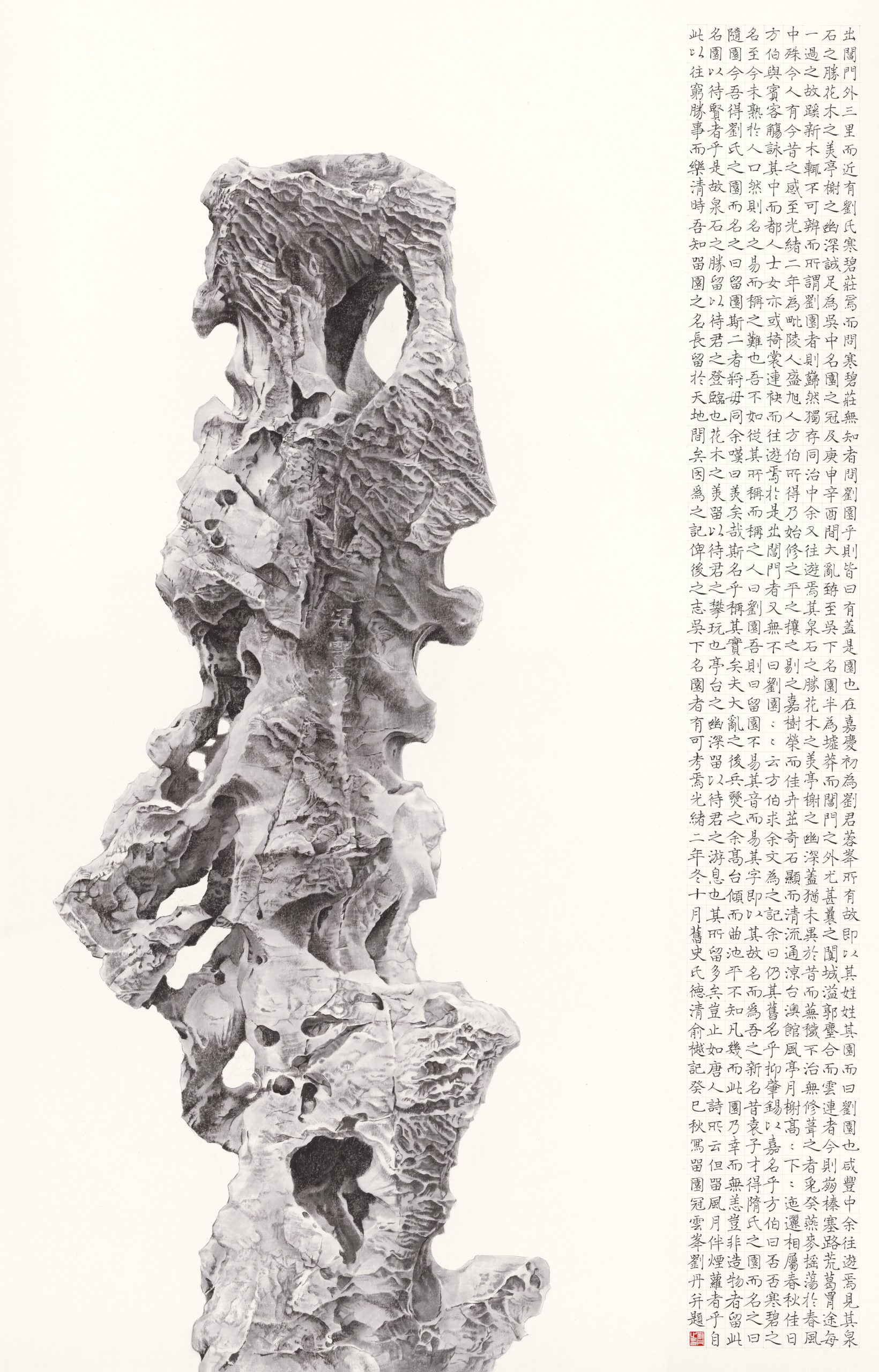The origin story of the SCRC is nestled at the intersection of several crisis streams as they converged into the perfect storm of the annus horribilis 2020-2021.
The first of these streams was the organizational restructuring at SAIS, a necessary undertaking, but one that threatened to unmoor and dilute the vast reservoir of China knowledge that had been accumulating within the China Studies Program founded by Doak Barnett in 1982. Despite the sturm und drang, it never occurred to us to simply let the storied China Studies Program fall victim to these challenging circumstances. To have done so, we felt, would dishonor the legacy of scholarship, pedagogy, mentorship, professional development, and policy analysis and intervention that made SAIS second to none in knowledge generation with regard to China. The only conceivable option for us was to continue, extend, expand, and build upon the extraordinary achievements of those who came before us – Doak, Alice Miller, Mike Lampton, and others – and paved the way.
This was reinforced by the crumbling state of US-China relations, which have reached a 50-year nadir, despite the threats it poses to global stability and security and even as foreign direct investment continues to grow. The narrative that has taken hold ignores the importance of maintaining a positive and constructive bilateral relationship – where possible – to meet global challenges that, if anything, are growing in number and in complexity, without sacrificing the clear-eyed skepticism and vigilance necessary for good governance and responsible policymaking. Short-term political jockeying has eclipsed focusing on the longer-term greater good of such sustained interaction and, yes, engagement.
Finally, the COVID-19 pandemic has brought out the worst on both sides of a bilateral relationship that was never easy, even at the best of times. Prior to the outbreak, a global emergency like this was widely seen as a natural place for the two superpowers to cooperate and seek a managed solution to benefit the world. Instead, a lack of trust – itself a product of a corresponding erosion of the knowledge base of the other’s economic, security, and societal challenges – allowed erroneous assumptions, opportunism, and inertia to fill the void.
In this environment, there is no shortage of punditry, content creation, and “hot takes”; there is a dearth of actual knowledge, sustained inquiry, and informed scholarship necessary to inform, educate, and, alternatively, reassure and/or warn us of the actual state of play within China as it affects China’s domestic and international behavior.
It for these reasons, that we founded the SCRC. We provide an alternative platform to complicate the dominant narrative of US-China relations which brings us closer to the reality on the ground as well as the view at 30,000 feet. We do so by continuing the legacy of the SAIS China Studies Program to situate the best that our scholarly community can offer into the policymaking arena, from our multiple perches in Washington, DC, Baltimore, Bologna, and Nanjing. This website documents much of what we have done since our founding in 2021, and will continue to feature the SCRC’s ever-more ambitious and innovative projects and programming in the months and years to come.
We hope you will join us in this important endeavor!

SAIS China Research Center
Johns Hopkins University Bloomberg Center
555 Pennsylvania Avenue NW, Washington, DC 20001